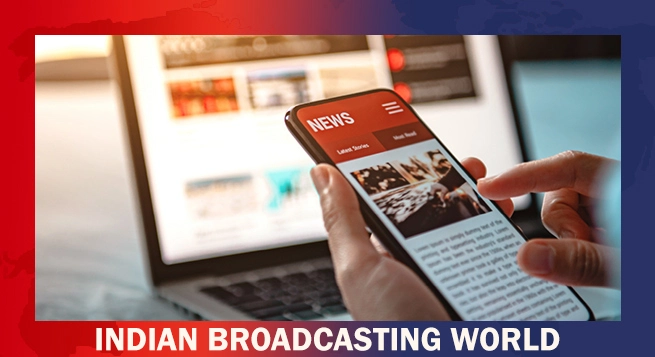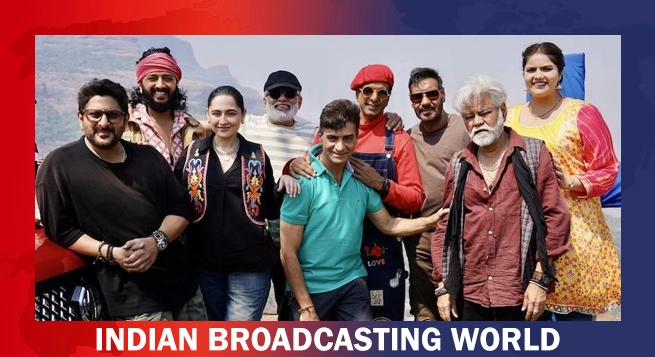Television is no longer the single main source of news for United Kingdom adults, as a research by communications regulator Ofcom shows, which highlights online sites and apps are now as popular as TV news for the first time.
However, TV and radio news are still more trusted and the regulator yesterday said it has launched a review to support public service news television that has been considered the leading source of UK news since the 1960s, when widespread set ownership saw it overtake radio and newspapers.
Ofcom’s annual study into how people access news highlights that 71 percent of adults now do so online, compared to 70 percent for TV, marking a generational shift in the balance of news media.
The big driving factor is the increasing use of social media for news. More than half of UK adults (52 percent) now use platforms such as Facebook, YouTube and Instagram to access news, up from 47 percent in 2023.
Once the dominant feature of the nation’s news diets, the reach of TV news has gradually declined in recent years, and fell sharply from 75 percent to 70 percent last year, the Ofcom study revealed.
Going online is by far the most popular way for younger people to access news (88 percent of 16–24-year-olds), but older generations are also gradually adding online sources to their news diets.
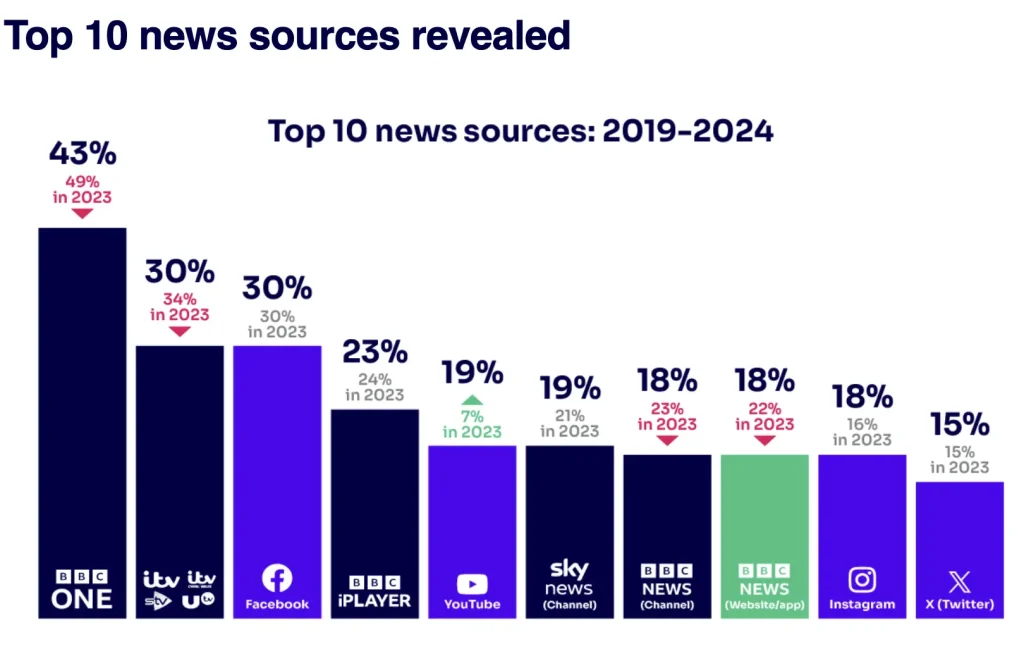
Over half (54 percent) of people aged 55+ find news online — up from 45 percent in 2018 — with most navigating directly to news websites. Only 28 percent access news via social media, significantly lower than 16-24s at 82 percent.
Despite this trend towards online news sources, TV remains by far the leading platform for news among older age groups (85 percent), compared to only half of 16-24s (49 percent).
Online news sources – and social media platforms in particular – are rated much less favourably than traditional platforms such as TV and radio for accuracy, trust and impartiality.
Ofcom said it wants to support the availability of trusted and valued PSM news where people consume it, so it set the framework for next review of public service media or PSM.
“This will build on the findings from our last review, ‘Small Screen: Big Debate’, which saw many of our recommendations to the Government put in place through the recent Media Act 2024,” an Ofcom statement stated yesterday.
Yih-Choung The, Ofcom Group Director, Strategy and Research, said, “Television has dominated people’s news habits since the sixties, and it still commands really high trust. But we’re witnessing a generational shift to online news, which is often seen as less reliable – together with growing fears about misinformation and deepfake content.
“Ofcom wants to secure high-quality news for the next generation, so we’re kicking off a review of the public service media that help underpin the UK’s democracy and public debate.”
How People Followed UK General Election: Ofcom has also researched news consumption during the 2024 General Election period. It tracked UK adults’ engagement with news, the role of media in helping them form opinions, and experiences of potential misinformation.
The findings included the following:
# Nine in ten followed the election, with younger adults especially engaged. The biggest increase in news interest during the election period was among younger adults aged 18-24 – up to 58 percent compared to 39 percent in normal periods.
# Conversely, older adults aged 50+, women, and those in lower socio-economic households, were all more likely than usual to be uninterested in news during the election period.
# Most people saw misleading content. Six in ten (60 percent) recalled having seen information they felt was false or misleading. Of these, one in ten said they saw this kind of content several times a day.
# Worries about deepfake video and audio. Over half of people (57 percent) expressed concern about the impact of deepfake content during the General Election campaign. More than a quarter (27 percent) of adults claimed they had encountered a deepfake during the previous week.
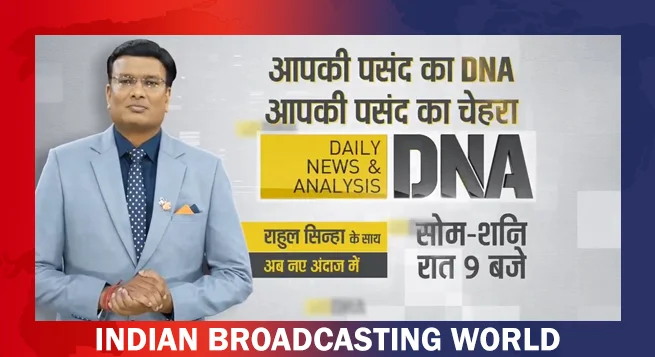 Rahul Sinha takes charge of Zee News’ DNA
Rahul Sinha takes charge of Zee News’ DNA 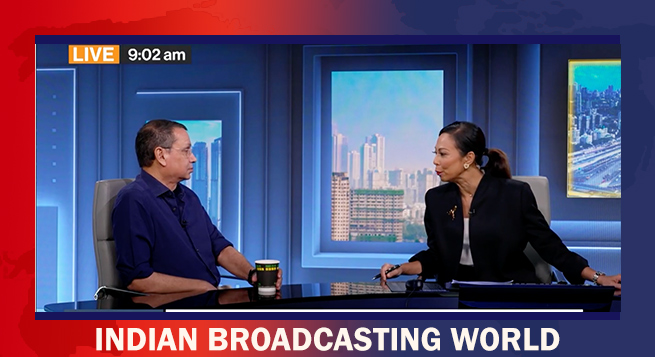 JioStar vice-chair Uday Shankar on surge in streaming subs, trade tariff challenges
JioStar vice-chair Uday Shankar on surge in streaming subs, trade tariff challenges 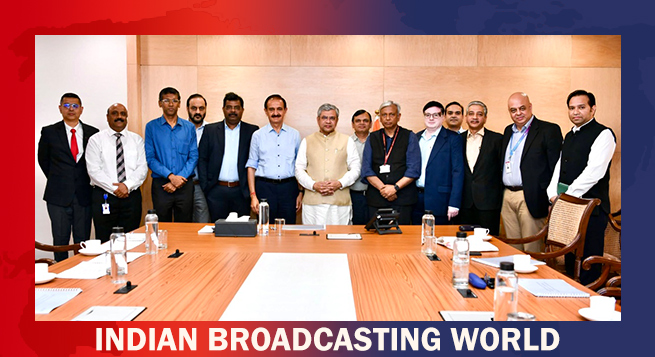 AIDCF team discusses industry issues with Vaishnaw
AIDCF team discusses industry issues with Vaishnaw 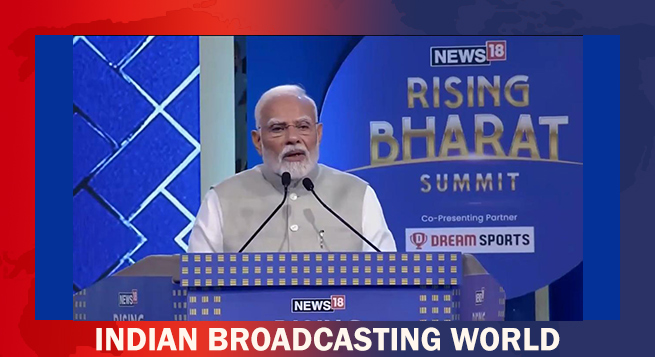 PM Modi: WAVES will empower Indian content creators go global
PM Modi: WAVES will empower Indian content creators go global 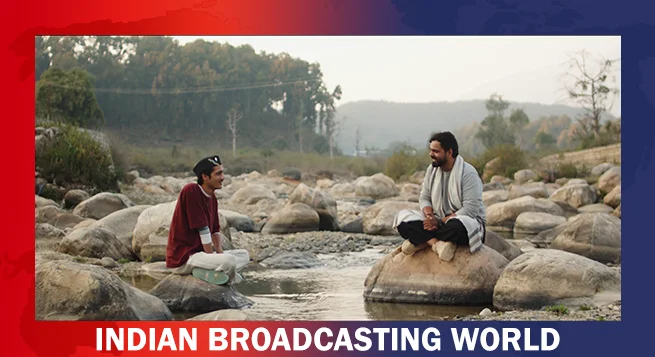 Milind Mehta unveils ‘Andar Kya Hai?’ a bold new series
Milind Mehta unveils ‘Andar Kya Hai?’ a bold new series 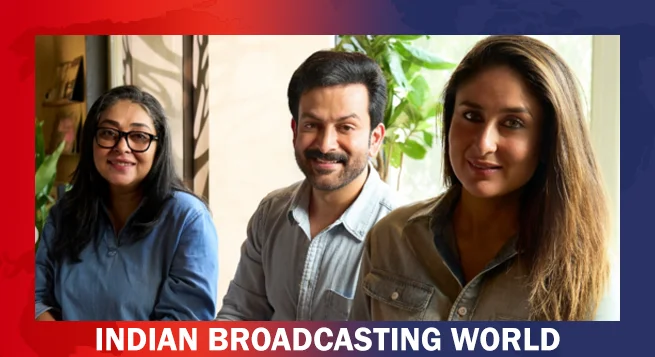 Kareena Kapoor,Prithviraj Sukumaran join hands for ‘Daayra’
Kareena Kapoor,Prithviraj Sukumaran join hands for ‘Daayra’ 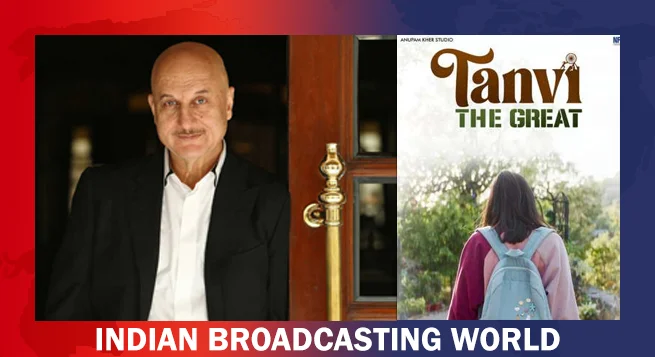 Anupam Kher’s ‘Tanvi The Great’ set for world premiere at Cannes
Anupam Kher’s ‘Tanvi The Great’ set for world premiere at Cannes 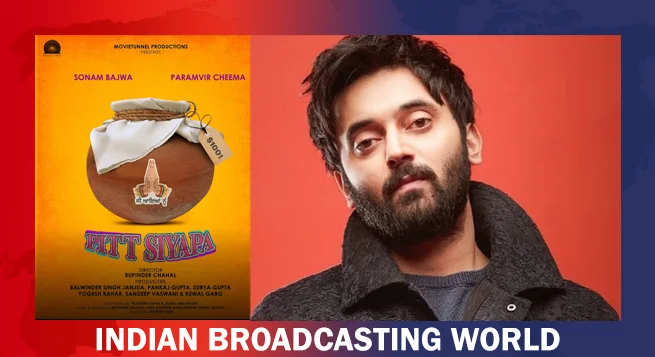 Paramvir Singh Cheema gears up for his first Punjabi film ‘Pitt Siyapa’
Paramvir Singh Cheema gears up for his first Punjabi film ‘Pitt Siyapa’ 


